When you are a social impact ecosystem builder, how many times do you stop to think about the value of trust in your work?
We know that when there is more trust, you can think better, design better strategies, build better practices, then grow authentic connections and amplify your impact. This is valid for everyone, independently of your seniority.
So we have the why, we have the what, and we need more… We need the how: how do we do this?
Back in The House of Trust, we meet Vivian Rubia social impact professional from ICE Instituto de Cidadania Empresarial – the Brazilian Entrepreneurial Citizenship Institute. The ICE is dedicated to strengthening the Impact Investment and Business ecosystem in Brazil.

Whoa, I never stopped to actually think about it, but there are such important happenings or things in my career, that are very connected with this idea of trust and creating trust, in terms of ecosystem, or in communities.
In this short conversation, Vivian tells me what trust means for actors in the social impact ecosystem: we discuss the importance of discovery, listening, promoting dialogue vs running monologues, and to do this with the idea that we need to believe we can accomplish a collective impact.
Incremental change, incremental trust
What does it take? Well sometimes creating a prototype as a group to learn about each other and test new types of investments, is just what it takes… to get started.
I think that there is an institutional view about trust […] We need, as a social organization, to work together and consider that we are living in complex problems. We need to create solutions, not just considering our institutional agenda, but considering the nature of the complexity of that problem.
Quoting the American author, professor, feminist, and social activist bell hooks, Vivian stresses the need for new Love ethics at the collective level.
This love ethic is a feeling that enables us to create equality, justice, wellbeing in society, and trust is one component, one ingredient of this culture of love ethic, to create this community, as a human being. And for me when I remember this book, I said, whoo, for me this is trust.
She also shares the need for backbone organisations whose job it is to facilitate these dialogues and ensure deep listening. (Nb: It is exactly the job I love delivering at Conscious Innovation, to support senior leaders on their journey towards more impact!).
Finally, Vivian takes us to the Amazon where she shares insightful stories about two important components of the art of trust.
- The importance of presence, removing obstacles to connection. And to build trust in a particular cultural environment, it might simply mean you start to look at people in the eyes. Genuinely be “with them”.

- The exquisiteness of knowing how to give but also receive
One day, the founder of this organization finished a training that she offered in a community in the Amazon, and someone arrived and offered her a gift. When she saw it, it was an ID, an ID document. And she said, why an ID?
It’s the only photograph that I have at home, and I want to offer it to you. Because I needed you to remember that you were here, and you gave me something important.
And for me, this is the meaning of trust, the trust you are creating in the social sector.
So have a refreshment, and listen to this brief recording with Vivian unfolding the components of trust, sharing about the value of guaranteeing dialogue, bringing love ethics, and the need to believe in a collective impact.
About the House of Trust
The House of trust is a participatory project with and for senior leaders who love to invest in social change, exploring “Trust”; Through group coaching sessions, educational media pieces and personal reflections, we:
- Explore how you can be more of service to others, and yourself
- Map the mechanisms of trust (not just the why or the what)
- Identify components, new behaviours, values, you need to assemble and manifest, to make trust more of a reality
- Measure the pragmatic community, organisational and corporate benefits when Trust has grown
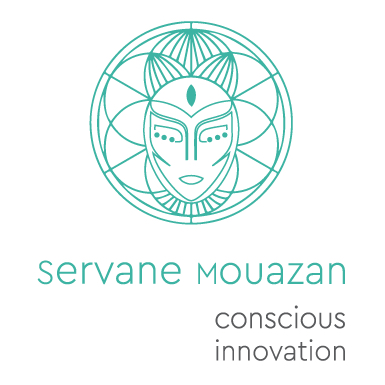
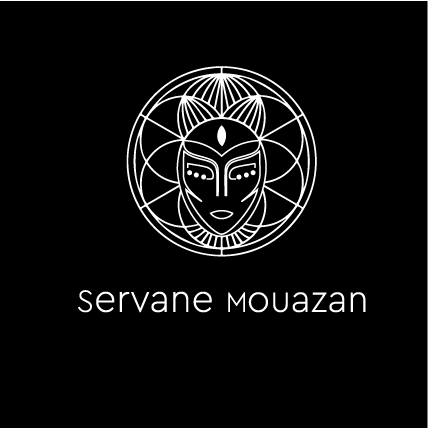
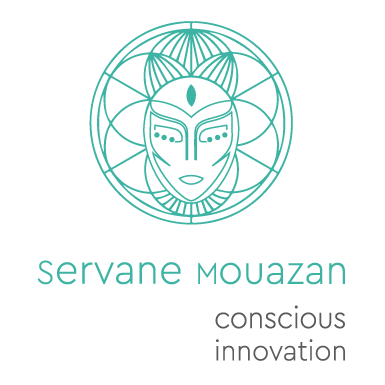
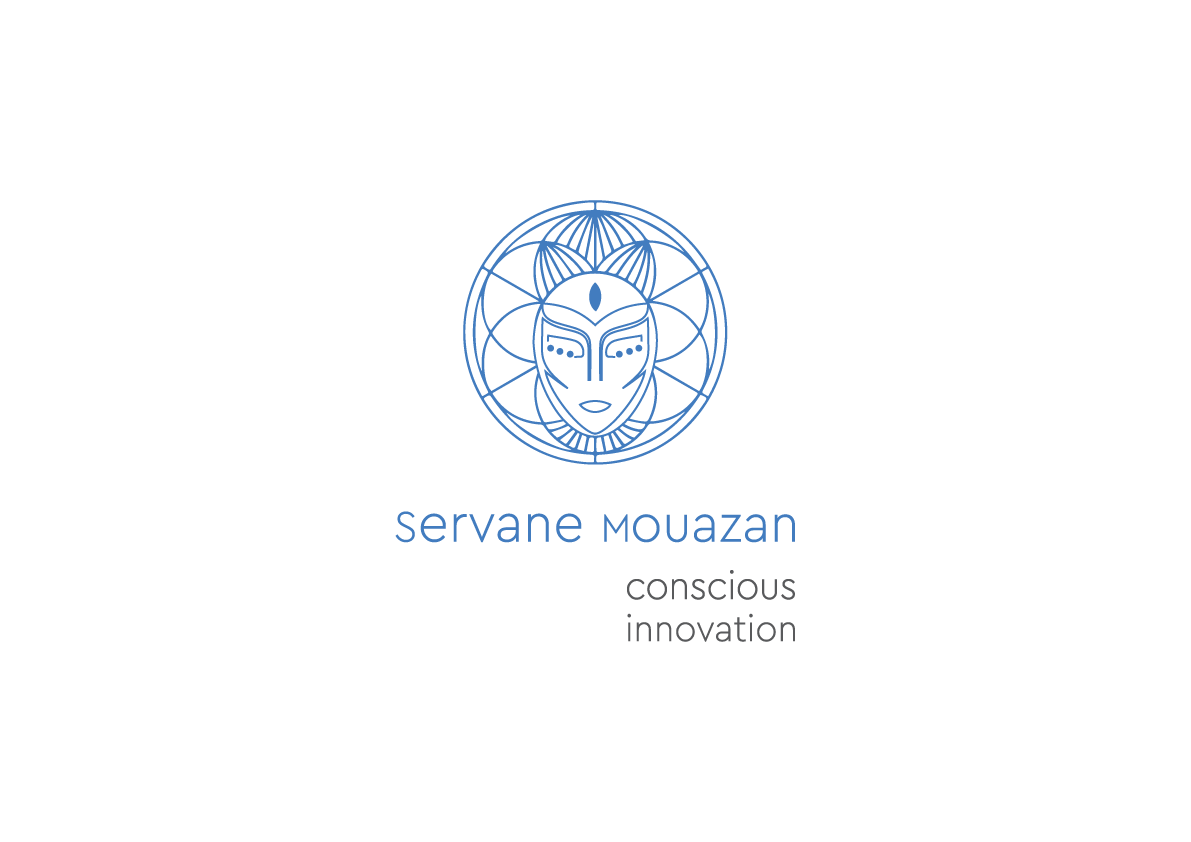
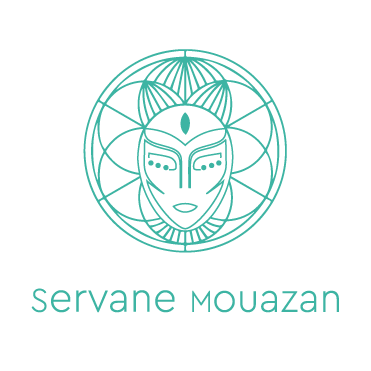
You must be logged in to post a comment.